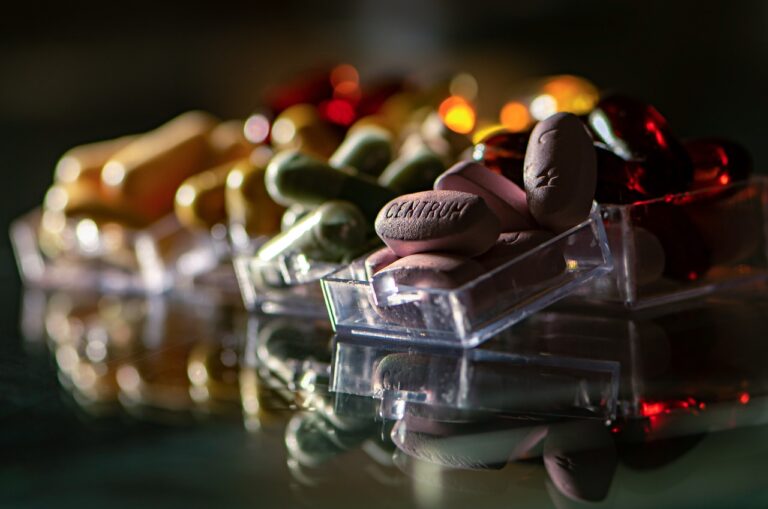The Role of Pulmonary Rehabilitation in Patients with Alpha-1 Antitrypsin Deficiency: Laser 247 new id, Lotus365win, Sky247 com login password
laser 247 new id, lotus365win, sky247 com login password: Alpha-1 Antitrypsin Deficiency is a genetic condition that can lead to lung and liver disease. For patients with this condition, pulmonary rehabilitation plays a crucial role in improving their quality of life and overall health.
What is Pulmonary Rehabilitation?
Pulmonary rehabilitation is a program designed to help patients with chronic lung diseases improve their physical conditioning, reduce symptoms, and improve their overall well-being. It includes a combination of exercise training, education, and support to help patients manage their condition and improve their lung function.
The Role of Pulmonary Rehabilitation in Alpha-1 Antitrypsin Deficiency
For patients with Alpha-1 Antitrypsin Deficiency, pulmonary rehabilitation can be particularly beneficial. This condition causes a deficiency of a protein called alpha-1 antitrypsin, which can lead to a breakdown of lung tissue and the development of emphysema.
Pulmonary rehabilitation can help patients with Alpha-1 Antitrypsin Deficiency by:
1. Improving lung function: Exercise training in pulmonary rehabilitation can help strengthen the muscles used for breathing and improve overall lung function.
2. Increasing exercise capacity: Patients with Alpha-1 Antitrypsin Deficiency may experience shortness of breath and fatigue with physical activity. Pulmonary rehabilitation can help improve exercise capacity and endurance.
3. Enhancing quality of life: By improving lung function and exercise capacity, pulmonary rehabilitation can help patients with Alpha-1 Antitrypsin Deficiency feel better and enjoy a higher quality of life.
4. Providing education and support: Pulmonary rehabilitation programs often include education on managing symptoms, medications, and lifestyle changes. This can help patients better understand their condition and how to best care for themselves.
5. Reducing hospitalizations: By improving lung function and overall health, pulmonary rehabilitation can help reduce the frequency of hospitalizations for patients with Alpha-1 Antitrypsin Deficiency.
6. Supporting mental health: Living with a chronic lung condition can be challenging, both physically and emotionally. Pulmonary rehabilitation programs often include support services to help patients cope with the impact of their condition on their mental health.
FAQs:
Q: How long does pulmonary rehabilitation typically last?
A: Pulmonary rehabilitation programs usually last for several weeks to a few months, depending on the individual needs of the patient.
Q: Is pulmonary rehabilitation covered by insurance?
A: Many insurance plans, including Medicare and Medicaid, cover pulmonary rehabilitation for patients with chronic lung diseases like Alpha-1 Antitrypsin Deficiency.
Q: Can pulmonary rehabilitation help with other aspects of Alpha-1 Antitrypsin Deficiency, such as liver disease?
A: While pulmonary rehabilitation primarily focuses on improving lung function, the overall health benefits of exercise and education can also have a positive impact on other aspects of the condition.
In conclusion, pulmonary rehabilitation plays a vital role in the management of Alpha-1 Antitrypsin Deficiency. By improving lung function, exercise capacity, and overall quality of life, pulmonary rehabilitation can help patients with this condition live their best lives. If you or a loved one has Alpha-1 Antitrypsin Deficiency, consider discussing the benefits of pulmonary rehabilitation with your healthcare provider.







